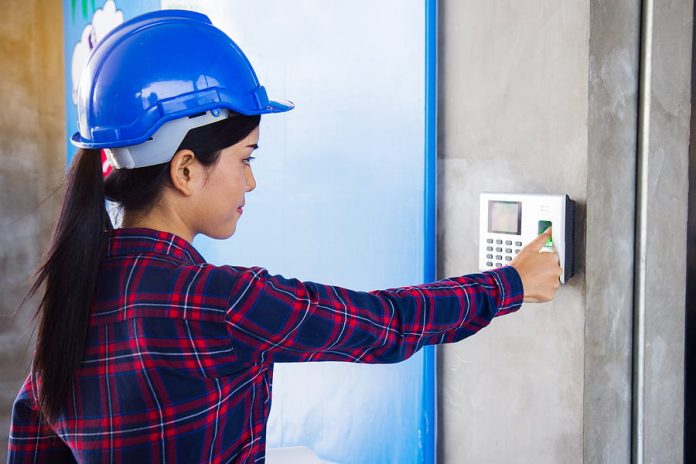Since the COVID-19 pandemic hit there have been questions over whether or not touch biometric solutions can survive, or whether technology will swing towards touch-less fingerprint scanning and face recognition.
It’s a tricky call, especially given that many SMBs using standalone fingerprint scanners would find it difficult to isolate staff from each other in other areas, such as door handles, shared bathrooms, kitchen taps, coffee machines and the rest of the shared surfaces in an office environment – including the innards of HVAC.
In Australia, with continuing low incidence of COVID-19 in the community, going touchless seems extreme, even unrealistic. But in other countries, including the U.K., the U.S, India, parts of Europe and South America, the seriousness of more recent outbreaks and the slow roll-out of vaccines, makes the notion of touchless far more important.
Ultimately, it’s likely that the course of the pandemic will dictate trends. In ANZ, it seems likely that existing touch biometrics will survive, albeit with more regular cleaning and adjacent hand sanitisers. SMBs and residential markets will likely continue to grow. New sales in large corporate and industrial applications are likely to be harder to come by in the future, and healthcare and aged care is going to be out.
According to Steve Bell of Gallagher, while touch biometrics remain part of the access control landscape, there have been alternatives for some years.
“Even prior to COVID-19, there was a growing desire among sites to move to contactless biometrics, however, we have seen COVID-19 accelerate this transition,” Bell said.
At Chase Security Will Yeadon says while the technology is likely to survive, the COVID pandemic will influence end user choice moving forward.
“No one really likes to touch a communal biometric reader and they never really have,” Yeadon said. “Adding COVID to the environment will encourage end users to look at other types of biometric technology. Will touch biometrics survive? I think if COVID is eliminated, things will return to close to normal again.”
Meanwhile Nirovision’s Eliana Bettio agrees there will be hesitancy towards touch biometrics.
“They won’t survive unless a workplace is willing to invest the time and resources required to constantly clean surfaces,” she said. “People have grown more apprehensive about touching shared surfaces.”
#securityelectronicsandnetworks.com











